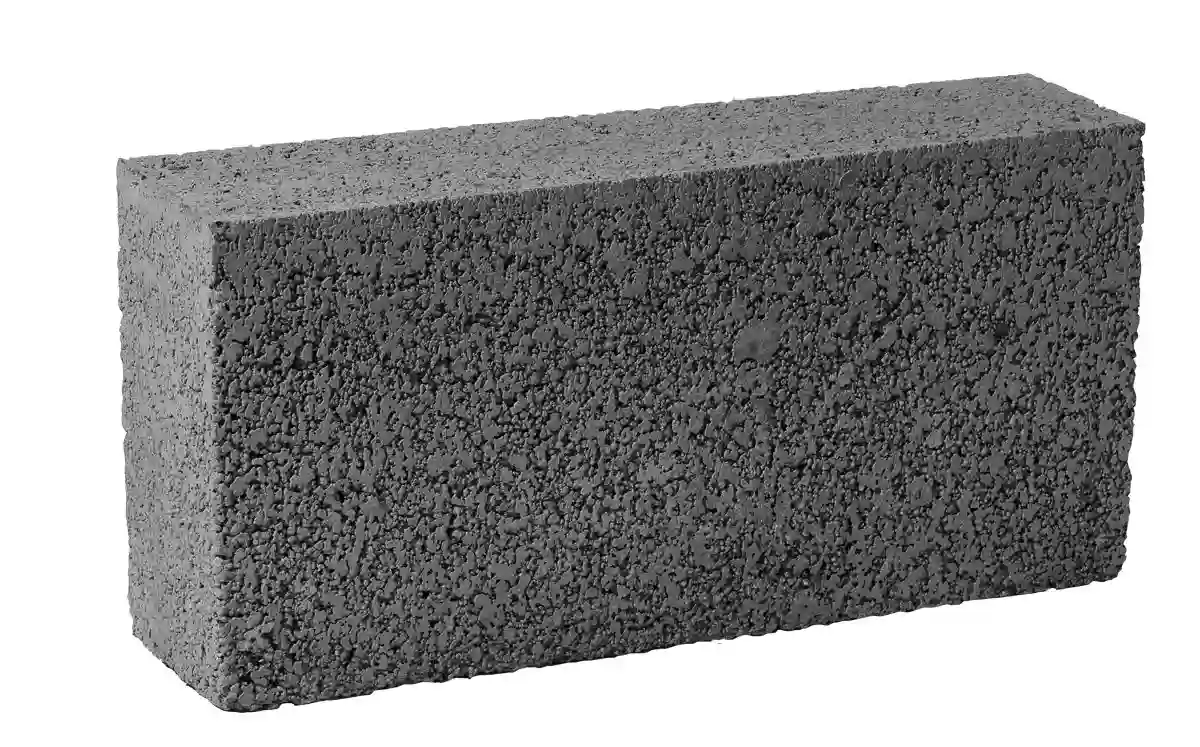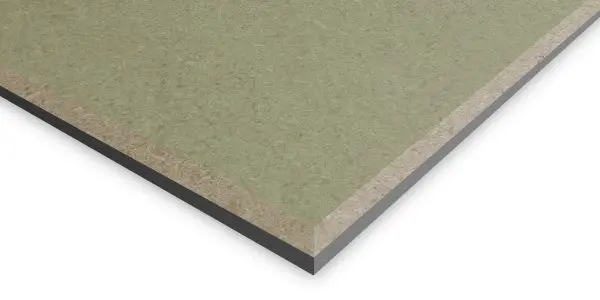4 Proven Ways To Soundproof a Concrete Floor
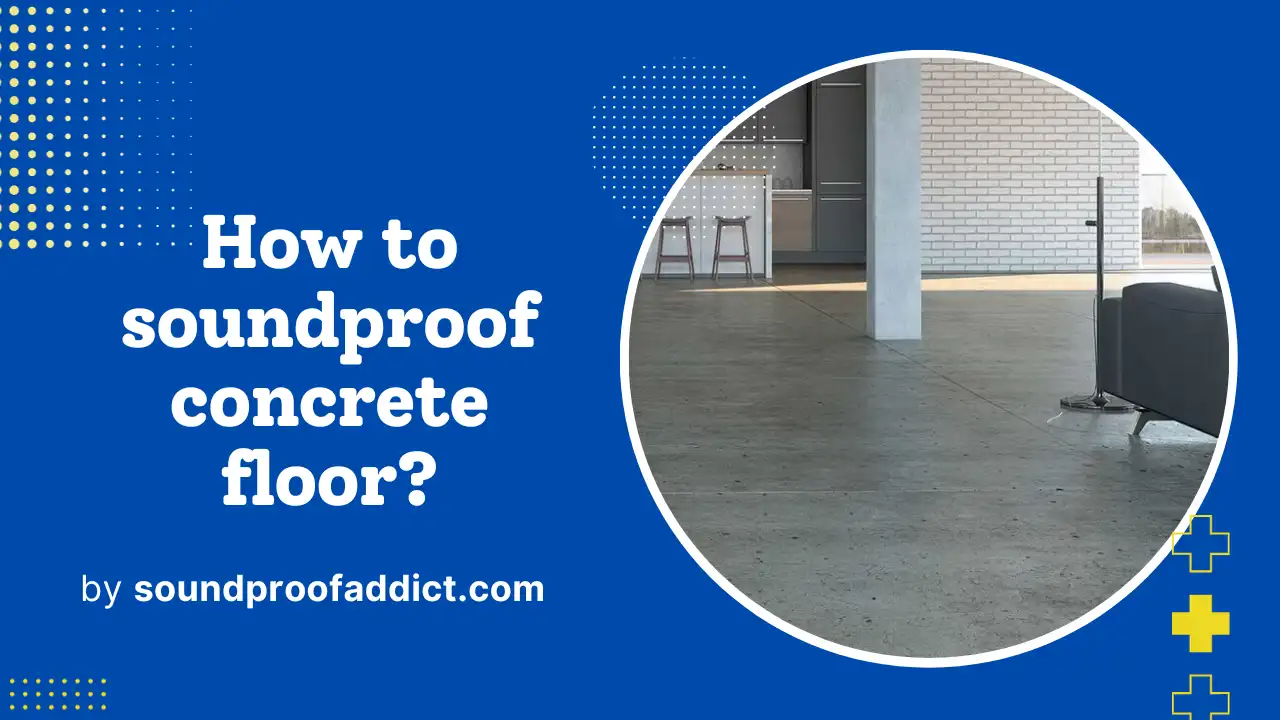
Are you looking for ways to soundproof your concrete floor? If the answer is yes then this post is for you.
When you are living in an apartment, it can’t happen that you do not deal with noise, whether it is from upstairs or downstairs you will get into it.
The good news is, there are practical solutions to tackle these issues, and one of the best solutions is to soundproof your floor.
The even better news is that soundproofing a concrete floor is not as hard as it may seem. In this guide, I’ll walk you through four proven methods to make your floor quieter.
Does sound even travel through a concrete floor?
So, if you’ve never experienced echoes in your room or heard sounds from downstairs through a concrete floor, you might wonder if sound can even get through it.
Well, the answer is YES, sound does travel through a concrete floor. However the transmission of sound is quite minimal because concrete is super dense and a very powerful sound barrier but despite this impact noise can pass through it.
Also concrete’s reflective surface causes echoes and resonance, amplifying sounds within a room. This can lead to a reverberation effect, making even low-level sounds seem louder.
4 Proven ways to make a concrete floor soundproof
1: Lay anti-vibration mats on the floor
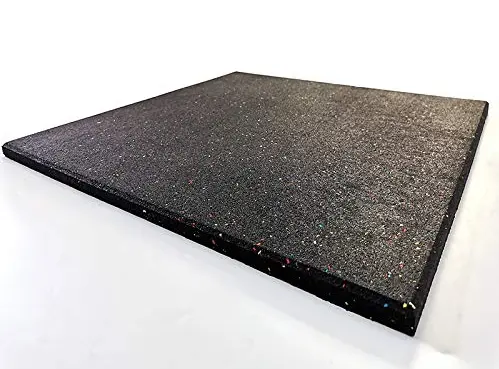
- Effectiveness: Super effective
- Difficulty level: Easy
- Cost: $$$-$$$$
From my perspective, using an anti-vibration mat is hands down one of the best solutions for soundproofing a concrete floor. The name pretty much says it all – its job is to dampen the sound and minimize its impact and prevent it from bouncing off and making it more audible.
These mats are usually made from super-dense materials that are like the sound’s worst nightmare. A lot of soundproofing enthusiasts have put these mats to the test, and let me tell you, the results are seriously impressive.
I tried it out too for soundproofing wooden floor, and the difference was massive, almost reducing the noise by 24 dB. However, it is also very expensive, it can cost you anywhere between $4 to up to $12 per square foot for placement depending on the thickness of mat you are going with.
2: Use LignaLITE commodity block
- Effectiveness: Extremely effective
- Difficulty level: Not easy at all (hard)
- Cost: $$$$
Well, first, let me tell you that this is an advanced way of soundproofing a concrete floor. But fair warning, it’s not your typical DIY project, and it can hit your wallet pretty hard.
Anyway, LignaLITE commodity blocks are medium-density concrete blocks that have both sound absorbing and blocking quality.
According to lignacite, these commodity blocks have a Sound Absorption Coefficient of 0.60, meaning 60% of the sound that hits them gets absorbed, and the rest, 40%, bounces off.
Now to use them for making the concert floor soundproof –
- First you need to lay the blocks flat on top of the concrete floor leaving a 1/4 inch gap between each block.
- Once you have done this, use mortar to secure the blocks to the existing floor.
And keep in mind not to use too much mortar, just fill the gap between each block properly and lay a really thin layer of mortar on them and leave it for 6-10 hours to dry and stick properly. Once that’s done, you can throw on your choice of flooring.
Now, there are some issues you might face by doing so.
- First, it will significantly increase the height of the floor by 4-5 inches. This can cause issues with door clearances and may require modifications to doors, trim, and other fixtures.
- And it will also reduce the room’s ceiling height. If that is the case then I would recommend you this option.
Despite these consequences, this technique still remains the most effective way for soundproofing a concrete floor.
This method is expensive, so I would not recommend it if you do not have a big purpose for doing it. I mean if you are just a regular guy and want some relief from your downstairs then things like underlayment is good for you.
3: Install two layers of cork sheet
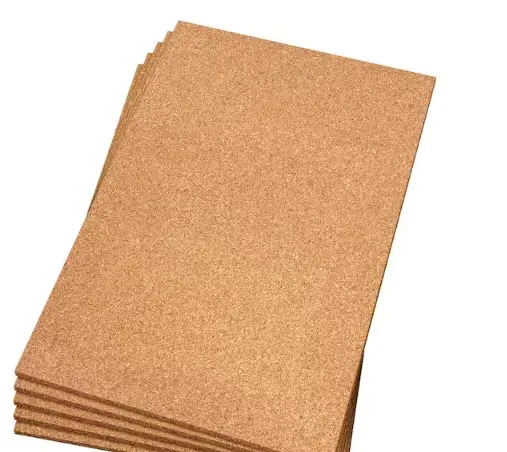
- Effectiveness: Very Effective
- Difficulty level: Can be challenging
- Cost: $$$
Cork sheet is very effective at sound absorption and is perfect for making concrete floors soundproof. According to AAfloors, cork has an NRC of 0.7 meaning 70% of sound waves will be absorbed. A 3mm cork sheet can reduce sound up to 10dB.
And a cork sheet can easily be attached to concrete using adhesive. So to use this technique to soundproof your concrete floor, you will need to determine how many cork sheets you will need.
To know it, multiply length by width of your floor and multiply it with 2. I would recommend you use cork sheets that are at least 6 mm thick as they are way better at sound absorption than 3 mm ones.
And you will also need heavy-duty adhesive.
- Now, spread the adhesive to the floor and lay the first layer of cork sheet over it by leaving a small to the sides.
- Then, spread the adhesive to the cork sheets you lay earlier.
- After that, lay another layer of the cork sheets.
- And normally walk to the cork sheet to adhere it properly.
- And seal the sides using acoustic sealant to prevent noise from seeping.
You are done! Easy peasy! You can also use it for soundproofing apartment floor.
4: Lay Concretedeck acoustic flooring
- Effectiveness: Very effective
- Difficulty level: Can be hard
- Cost: $$$-$$$$
If you are hunting for a simple and straightforward solution to soundproof your cement floor then Concretedeck acoustic flooring is a solid choice for you. It is effective at reducing impact noises.
It comes in three different variants and each variant has DnT,w+ Ctr and L’nT,w of above 51 dB and above. DnT,w+ Ctr measures how much airborne sound is blocked by a material, and L’nT,w measures the effectiveness of a material in reducing impact noise and the higher the numbers the better the noise reduction.
Check out for more information about Concretedeck acoustic flooring.
How to soundproof concrete floors in flats?
Well, soundproofing a floor can be costly and it is also super important at the same time because of those noisy downstairs. And considering your budget while soundproofing the floor is flat is a factor that you should not ignore.
So if you have a low-budget, then large area rugs, wall-to-wall carpets are your friends. If you’re willing to invest a bit more, acoustic underlayment or acoustic membranes is a solid choice.
For those with a higher budget looking for a top-notch solution, Concretedeck acoustic flooring or anti-vibration mats provide professional-grade soundproofing and it is the best way to soundproof concrete floors in flats.
Conclusion
So dealing with noise in an apartment, especially from downstairs, is a common challenge, we all face it. Concrete floors can amplify sounds, but effective soundproofing solutions exist.
Anti-vibration mats, LignaLITE commodity blocks, cork sheets, and Concretedeck acoustic flooring offer diverse options, each with its pros and cons.
While some methods may be more complex or costly, considering your budget and needs can guide you to the most suitable solution.
If you want to soundproof an attic floor then read this post: https://soundproofaddict.com/how-to-soundproof-an-attic-floor/

